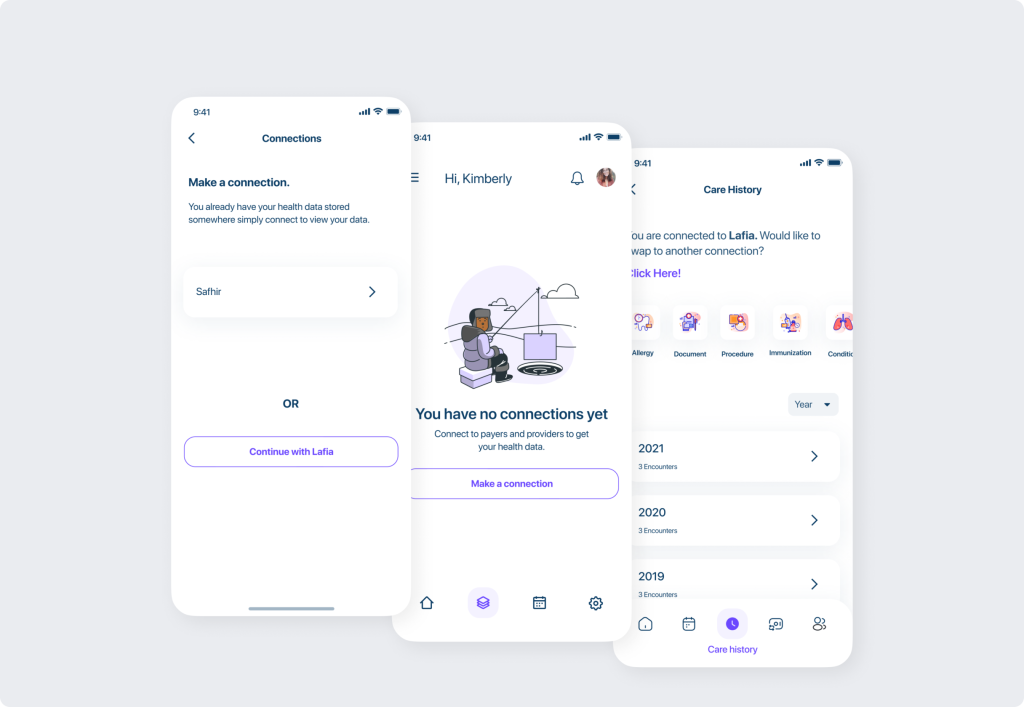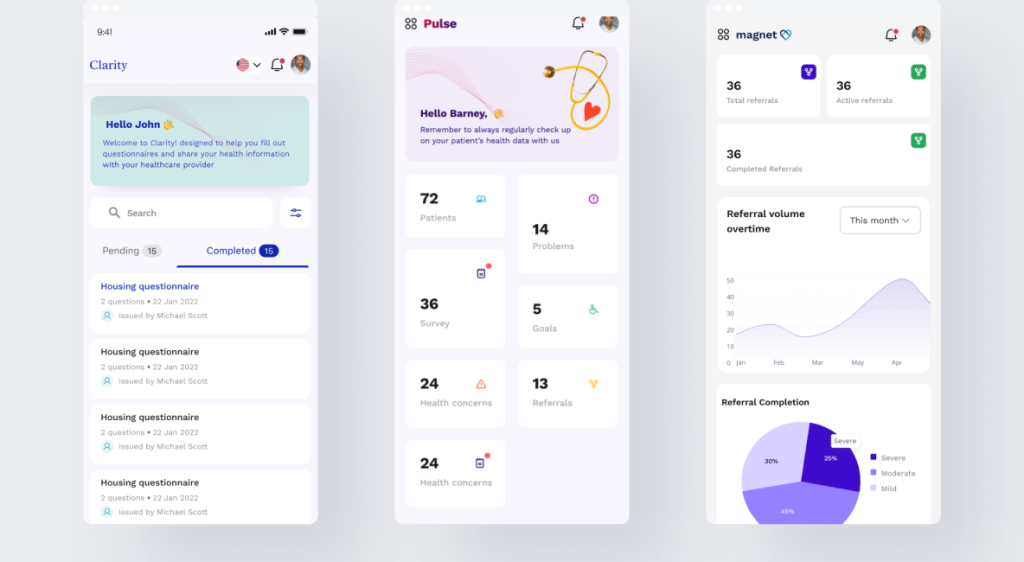Healthcare data has historically been siloed within individual platforms, making it difficult for stakeholders to access comprehensive patient information. This fragmentation can lead to misdiagnosis or conflicting treatments, adversely affecting patient outcomes—even resulting in fatalities. A significant contributor to this issue is the absence of a universal standard for storing and sharing healthcare data.
The Importance of Healthcare Standards
Standards enable interoperability among diverse players in the healthcare ecosystem. The banking industry’s SWIFT system, established in 1973, revolutionized cross-border payments by standardizing communication among banks worldwide. Similarly, FHIR (Fast Healthcare Interoperability Resources) aims to standardize healthcare data exchange globally.
What Is FHIR and Why Is It Important?
FHIR addresses modern healthcare challenges by:
- Managing Diverse Data: It accommodates the exponential growth of varied healthcare data—from clinical visits to wearable devices—in multiple formats and volumes.
- Facilitating Data-Driven Decisions: Public sector stakeholders can access and analyze data from multiple sources to inform policies and procedures.
- Enhancing Collaboration: Multiple stakeholders can access shared data, improving decision-making and patient care.
- Empowering Consumers: Patients can use personal health data to make proactive decisions, contributing additional data through apps and trackers.
Introducing SMART on FHIR
SMART on FHIR builds upon FHIR by providing a framework for creating interoperable healthcare applications. It uses standard web technologies like OAuth2 for authorization and FHIR APIs for data access. SMART on FHIR enables:
- App Innovation: Developers can create reusable apps that integrate seamlessly with Electronic Health Records (EHRs) and other health IT systems.
- Enhanced Patient Engagement: Patients gain secure access to their health data through user-friendly apps.
- Streamlined Workflows: Clinicians benefit from integrated tools that enhance efficiency and care quality.
Major Benefits
- Ease of Implementation: Familiar web standards reduce the learning curve and lower implementation costs.
- Consistent Data Access: Standardized methods facilitate retrieving data from multiple sources.
- Simplified Integration: Shared data conversion definitions make it easier and more cost-effective to incorporate existing data sources.
- Innovation Opportunities: A standardized ecosystem fosters the development of new applications and solutions, driving investment and growth in healthcare technology.
Embracing FHIR and SMART on FHIR is a transformative step toward achieving true interoperability in healthcare, leading to improved patient outcomes and industry innovation. ParallelScore is your expert partner on this journey, offering deep expertise to help organizations navigate the complexities of FHIR and SMART on FHIR implementation and integration.
Previous Implementations:

Lafia

Saffron

MyCareAI

